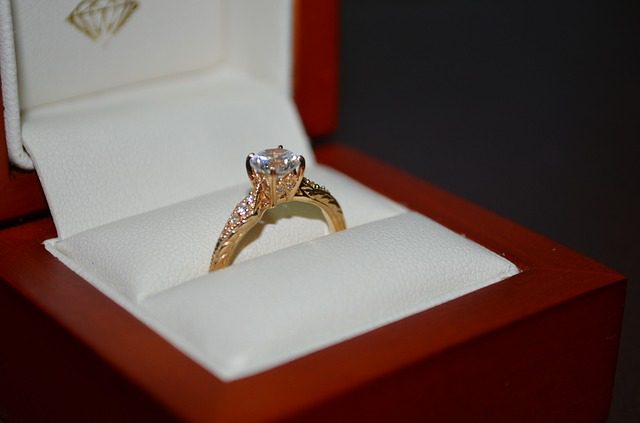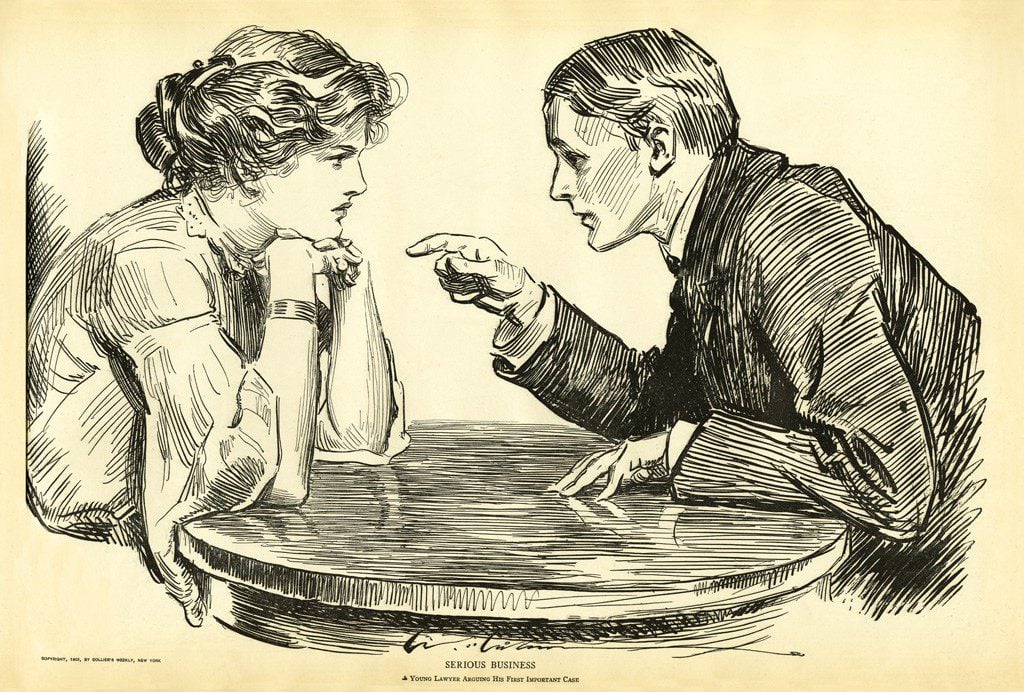
So in a prior post I used the issue of the minimum age at marriage to talk about practices in some Christian communities and the extent to which we in the broader mainstream community feel like “that’s none of my business” or “it makes us look bad to talk about.”
But there is definitely a bigger issue that I glossed over, and that’s the bigger question of what the right minimum age for marriage is, and how that should fit in with all the other “minimum ages” — or whether there should be one single age for all activities of adulthood.
Consider:
- Age at which a child can be at the local public pool without a responsible older person: 9
- Age at which a child can be that “responsible older person”: 14
- Age at which, according to Illinois law, a child can be left at home without supervision: 14 (yeah, I know, it’s nuts but it’s on the books)
- Age at which one can get a job in Illinois, with limited working hours: 14; with broader working hour availability: 16
- Age at which one can get a driver’s license: 16
- Age at which one can leave school: typically 16
- Age at which one can enlist in the military: 17 with parental consent, 18 otherwise
- Age at which one can vote: 18 (for primaries, 17 in some states)
- Age at which one can sign legal contracts: 18
- Age at which one can make one’s own medical decisions: 18
- Age at which one can work “hazardous” jobs: 18
- Age at which one can purchase cigarettes: 18
- Age at which one can purchase alcohol: 21
- Age at which one can rent a car: typically age 21 (some states mandate age 18), with additional charges applicable until age 25.
And there are probably other minimum ages I’m forgetting about.
One could look at this list and say that there is no single age that demarcates adulthood, but I would say that there is a clear marker: at age 18 one is deemed capable of making one’s own decisions. All the other “firsts” are about permitted actions. And marriage is a decision of lasting consequence, every bit as much as the decision to take the risks involved in joining the military or working at a hazardous job.
There’s a lot about age 18, though, that seems arbitrary. Yes, that the age that coincides, in most cases, with high school graduation, and it wouldn’t make sense to have particularly many minors attending universities, signing student loan contracts, making decision while living apart from their families. For the non-college crowd, it doesn’t make sense to oblige individuals to wait longer than that to begin employment at “real” jobs, which can involve hazards. Was there some magic behind the idea of secondary school ending after 12th grade? I don’t know. Certainly in Germany, for students entering apprenticeships school lasts ’til 10th grade, and for the college-bound, ’til 13th grade (at least in some states and, used to be, everywhere). (Have I blogged about the notion that we could benefit from a “13th grade” — that is, rather than pushing kids into AP classes to accelerate their learning, just having a final year of high school for the college bound which covers the material that would otherwise be that first year of college, the introductory courses, but free and at home?)
What about the notion that, in prior generations, people were considered adults, and marriageable, at much younger ages? Off the top of my head, age at marriage varied considerably — in Northern and Western Europe, even in the middle ages, one waited until one had land to farm or a trade learned. In India, it seems to me, there wasn’t, and isn’t, a need to be able to live independently because the next generation continues to live in the husband’s parent’s home.
But in any case, I could see there being a reasonable argument to be made that marriage was not, in prior generations, a decision that required reaching adulthood to make: if it’s a given that one is going to marry, and choice of spouse is largely determined by one’s parents, or by other practical considerations, then it’s not quite so weighty to decide this. In modern Western societies, it’s a decision that has to be made by “real” adults, when it’s expected that one loves one’s spouse, and is compatible, generally speaking, and, what’s more, that one make the decision with enough maturity that one isn’t tempted to abandon the marriage quickly, which isn’t an issue in a society in which the community compels the couple to stay together.
But there’s a further question: at what age is it detrimental to a person’s well-being to be married? Early childbirth is generally considered to be harmful to women, as is, generally speaking, being married at a young age to a much older man, or being placed as a daughter-in-law in a position of subservience in a larger household. But if it were just a matter of early marriage having ill-effects, I don’t know that this would justify a delayed marriage age. We set an age, however arbitrary but more or less appropriate for the majority of people, based on the age at which they are able to make decisions which involve risk.
What about other cultures? To be sure, there is some science behind the adulthood age, but we also have an understanding, however vaguely, that in prior generations people de facto reached adulthood far earlier than our arbitrary age of 18. I’m not so sure about this, though, to be honest, I’m going to punt on this rather than dig into it. It seems to me that even though individuals were expected to do hard, “adult” work at ages below our marker of 18, they weren’t necessarily considered “adult”; they wouldn’t have lived in their own households (and young wives weren’t necessarily considered “adult” even if they ran an entire plantation household like Mrs. O’Hara). In any case, our sense of making binding contractual decisions wouldn’t necessarily make sense in a traditional culture where the idea that one made individual decisions as opposed to meeting the expecatations of the wider community, wouldn’t be relevant.
What about the various religious coming-of-age ceremonies at about age 13? The Bar Mitzvah, confirmation, and the like? Didn’t they signal that one became an adult? This, too, I’ll label as an “exercise left to the reader,” to cite my old actuarial exam textbooks.
Image: are these adults? flickr: https://www.flickr.com/photos/elisfanclub/360214806; creative commons license












